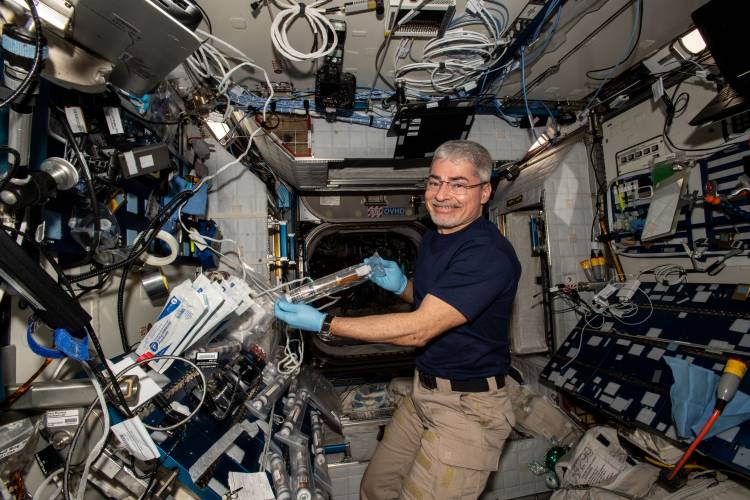
How To Become Mechanical engineer In Russia
To become a mechanical engineer in Russia, you need to follow a specific educational and professional path. Here are the general steps to become a mechanical engineer in Russia:
-
Obtain a High School Diploma: Complete your secondary education and obtain a high school diploma or an equivalent qualification.
-
Choose the Right University: Research and select a reputable university in Russia offering a mechanical engineering program. Some well-known universities for engineering studies in Russia include Bauman Moscow State Technical University, Saint Petersburg State Polytechnic University, and National Research Tomsk Polytechnic University.
-
Apply and Gain Admission: Apply to the chosen university through their admission process. Typically, this involves submitting an application form, providing necessary documents (transcripts, certificates, identification), and possibly taking entrance exams or interviews. Ensure that you meet the specific requirements of the university and the mechanical engineering program.
-
Complete a Bachelor's Degree: Pursue a Bachelor's degree in mechanical engineering. The program usually takes four years to complete and includes a combination of theoretical coursework and practical laboratory sessions. Study core subjects such as mathematics, physics, mechanics, thermodynamics, materials science, and engineering design.
-
Gain Practical Experience: Look for internships, summer training programs, or part-time jobs related to mechanical engineering during your undergraduate studies. This practical experience will enhance your knowledge and provide valuable hands-on skills.
-
Obtain a Master's Degree (optional): Consider pursuing a Master's degree in mechanical engineering for further specialization and increased career prospects. This step is optional, but it can provide you with a competitive edge in the job market or if you plan to pursue research or teaching positions.
-
Complete Professional Training: After completing your formal education, you may need to complete practical professional training, which is often called "pre-graduate" or "postgraduate" internships. This training typically lasts for several months and is meant to bridge the gap between academic knowledge and practical engineering skills.
-
Obtain Professional Certification (optional): While not mandatory, obtaining professional certification can further validate your expertise and enhance your professional standing. In Russia, you can pursue certification through organizations such as the Russian Union of Engineers or the Russian Society of Mechanical Engineers.
-
Seek Employment: Start applying for mechanical engineering positions in industries such as manufacturing, automotive, aerospace, energy, or construction. Prepare a well-crafted resume highlighting your education, internships, and any relevant experience you gained during your studies.
-
Continuous Professional Development: As a mechanical engineer, it's essential to stay updated with the latest advancements in the field. Engage in continuous learning, attend workshops, seminars, and consider joining professional engineering associations to expand your network and access career opportunities.
Remember to research and understand the specific requirements of the university and certification bodies you choose to ensure you meet all necessary criteria for becoming a mechanical engineer in Russia.
Click Here To See More













